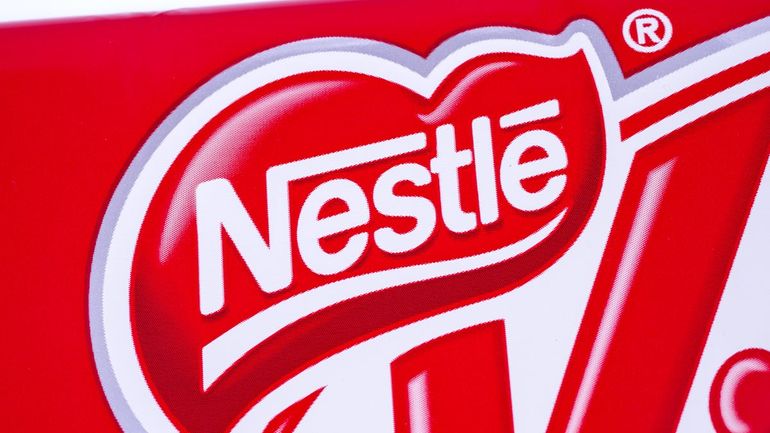
Nestlé's Innovative Strategy Amid Inflation Challenges

Discover how Nestlé is exploring new categories to boost market presence and combat the competition from private labels. Explore their renewed focus on innovation to drive growth and stay ahead in the changing market landscape.
Nestle
The CEO of Nestlé has emphasized the importance of innovation in the company's product range to increase sales volume. He acknowledged that due to increased inflation in recent years, Nestlé had not focused as much on innovation as it should have.
CEO Mark Schneider mentioned that the FMCG industry experienced a slowdown in innovation due to supply chain shortages and inflation. Nestlé, the company behind well-known brands like KitKat, Cheerios, and Nescafé, was also affected by these challenges.
During a recent call with investors on April 25th, Schneider explained that many companies were facing similar issues. The focus was on keeping supply chains operational, prioritizing core products, and ensuring shelves remained stocked. As a result, there was less emphasis on innovation and product development during this period.
In the face of a cost-of-living crisis, less innovation may have unintentionally boosted private label competition, according to Schneider. Brands like Nestlé's have seen a decline in market share, and in order to regain ground and increase sales volumes, consistent innovation is crucial.
The business is using its innovation to explore new category opportunities, Schneider explained. This innovation is backed by advertising and promotional efforts.
Schneider mentioned that to support our growing innovation pipeline, we are concentrating on boosting growth by investing more in advertising and marketing to enhance consumer engagement.
In recent years, Nestlé's sales growth was primarily driven by pricing during times of inflation. However, the focus has now shifted towards driving growth through volume, also known as real internal growth.
In the first quarter of 2024, the company experienced a slow start, with organic sales growth of 1.4% year over year, reaching CHF 22.1bn (£19.36bn) in sales. Pricing contributed 3.4% growth, while real internal growth decreased by 2%. The business is anticipating a strong rebound in real internal growth for the next quarter.
According to Chief Financial Officer Anna Manz, real internal growth is showing signs of improvement, thanks to the company's investments in innovation and marketing. This has led to an enhanced product mix, particularly for premium products.
The business quickly shifted its focus to marketing in response to a slow start to the year, according to Schneider.
He clarified that this was not a new marketing strategy being implemented now, but rather something that had been in place since the second quarter of last year.
‘Nuanced’ pricing
When discussing how Nestlé was investing its marketing spend, its CEO Schneider echoed some of what rival Unilever said in its most recent results.
Both companies have agreed to prioritize their most profitable brands: Unilever's "power brands" and Nestlé's "Billionaire" brands.
Nestlé reported that its billionaire brands, making up over 70% of group sales, grew at twice the group average in the first quarter.
Nestlé is careful not only about which brands it spends its marketing budget on but also about how it uses its marketing strategies. The CFO, Manz, mentioned that discounts are just one aspect of marketing, and she doesn't anticipate a significant increase in promotional activities.
When it comes to pricing, Schneider stated that he doesn't foresee prices dropping into negative territory anytime soon. This means that Nestlé will likely continue to raise prices gradually, even as inflation starts to slow down.
Moving forward, pricing strategies will need to be more intricate compared to the past. According to him, certain categories and regions will experience targeted price increases, while in other areas, we may need to maintain current prices or slightly decrease them to remain competitive in the market.
Editor's P/S:
Nestlé's CEO emphasizes the crucial role of innovation in boosting sales volume amidst inflationary pressures. The company acknowledges a slowdown in innovation during the pandemic due to supply chain disruptions and inflation, leading to a decline in market share. To regain ground, Nestlé is prioritizing innovation and advertising to enhance consumer engagement and support growth.
While pricing has been a significant driver of sales growth in recent years, the focus is now shifting towards driving volume growth. Nestlé's first-quarter sales growth was modest, with pricing contributing more than real internal growth. However, the company anticipates a strong rebound in real internal growth in the coming quarters, attributed to its investments in innovation and marketing. Nestlé's nuanced pricing strategy involves targeted price increases in specific categories and regions while maintaining or slightly decreasing prices in others to remain competitive.












